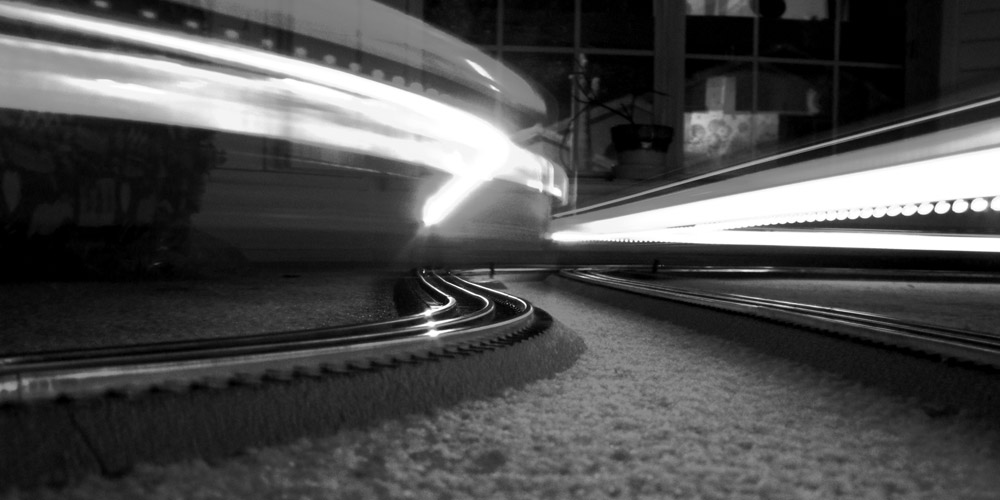Welcome to… The Department for Transport
In Maria Eagle’s hands, transport has become a battleground policy area in the run-up to 2015. As her successor Mary Creagh takes over as the Shadow Secretary of State for Transport, London-based civil servants and MPs opening postbags in the...
In Maria Eagle’s hands, transport has become a battleground policy area in the run-up to 2015. As her successor Mary Creagh takes over as the Shadow Secretary of State for Transport, London-based civil servants and MPs opening postbags in the localities will agree: the days when the biggest issue facing transport was pothole management are over.
Moving past the debate surrounding full employment, the amount of money being spent on HS2 could secure full housing, solving the great challenge of our generation in a single stroke. Is it appropriate to spend such a fabulous amount of money on any single project, when the construction risks are so ill-defined?
The only thing we know about the most recent £10bn infusion is that it is an abuse of the term contingency. If I told my boss I had added a 30% cost escalation to a standard project he’d wonder why I’d doubled not just the professional fees, but the profit and half the land cost to boot.
We used to worry about keeping the trains running on time, now we’re back to questioning whether a state-owned entity should own them. If the majority of people in this country support renationalisation of the railways it is a direct result of the poor standard of service they have received.
British workers have suffered one of the biggest falls in real wages among European countries over the past three years and Mary starts her new role at a time when living standards are set to fall further. Transport is a cost of living issue, but it is more than that. It is a quality of living issue. It used to be thought that someone paying less than a third of their income on housing could be regarded as financially stable. These days it is one third to housing, one third to transport and we live on the scraps of our income.
Boris’ proposal for tax free season ticket borrowing looks superficially appealing – until we think about the casual workers with irregular shift patterns, the multi-site workers, the millions of us whose employers either could not or would not help with the upfront cost of a travel pass: those of us who would pay the costs of the policy.
A key challenge for Mary is to come up with a long term strategy to fix our crumbling infrastructure. Under fiscal constraint we have patched rather than fixed our roads, and the lifetime of our patches has become shorter.
There is anger about road taxes, hypothecated away and falling away as more of us turn to electric cars. This government promised to do something about road pricing and was told by the CBI that they must do something about road pricing. They haven’t.
If faithful Penelope had had to wait for Ulysses as long as we have waited for the belated Department for Transport study on the future of the road network, she’d have taken herself off on a single’s break to Larnaca.
The major projects pipeline is stuck at seven completed, and the treasury has taken ownership of anything that the government considers to have political importance. The policy has been a disaster, causing much confusion over ownership and responsibility. Busy with his other jobs, George Osborne has cut the ribbon on new roads for which the business case is wholly lacking, and ignored the arterial routes which keep the UK’s industrial heart beating.
Small wonder that the infrastructure industry fell on the Armitt Review with relief. The recommendation that we depoliticise infrastructure delivery is a sound one, and should be adopted.
The central relationship between the treasury and DfT will be for Mary to resolve. In doing so, she has a foundation other ministers can only envy – the work of Sir John, Maria Eagle, Andrew Adonis and others make transport policy one of Labour’s strongest areas.
More importantly, she can harness the support of the millions of people who want to see our roads and our railways working, and who can’t understand why they don’t.
